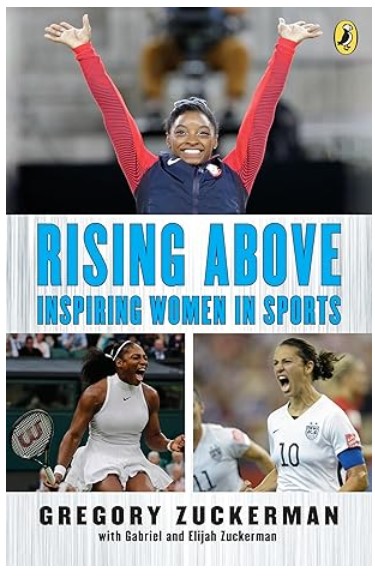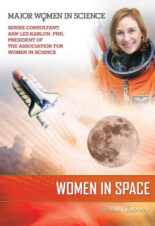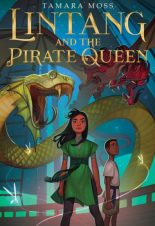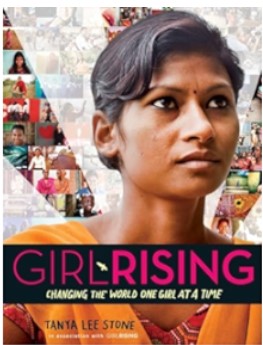
Buy This Book
Other books by Tanya Lee Stone
“An educated person can better understand right from wrong,” and “she can help her family members know what’s happening in the world,” Nazma, from India. –Girl Rising
Girl Rising: Changing the World One Girl at a Time
by Tanya Lee Stone
Must Read, Teaches About Culture
14+
Score
7.5
108
Girl Rising started as a film that profiled nine unforgettable girls’ coming-of-age stories. These girls lived in the developing world, and they chose to confront barriers to their education. Powered by these stories of resilience and determination, the film exploded into a global campaign for girls’ education.
Girl Rising—which can be read as a standalone—is an expansion of that film. Author Tanya Lee Stone deftly integrates raw interview footage with her own research to illuminate the facts and stories behind the girls in the film. She also delves into the stories of twenty-five others around the world—girls who are conquering obstacles, becoming empowered, and creating their own possibilities.
This updated edition features a foreword by David Oyelowo, the noted actor, producer, and activist for girls’ education. With stunning full-color photos, recent information about the girls in the film, infographics, and a compelling narrative, Girl Rising is a call to action that will inspire readers to join an exhilarating and growing movement to change the world.
Girl Rising is a heart-breaking account of poverty-stricken areas where girls are forced into bonded labor or marriage at an early age. The book introduces readers to young girls from different countries. Each girl describes her unique circumstances and how education is the key to unlocking a better life. “Because educating girls literally changes how nations behave. Educating girls changes how governments function. It changes economies and jobs. It changes the shape of health care. It changes how families are raised. It can change entire cultures.” When U.S. President Barack Obama visited India, he said, “When a girl goes to school, it doesn’t just open up her young mind, it benefits all of us . . . maybe someday she’ll start her own business, or invent new technologies, or cure a disease.”
Despite the importance of education, many girls do not complete primary school because they are forced into marriage. Child marriage is common because of poverty and because it is integrated into many countries’ cultures. For example, when Azmera’s father died, her mother didn’t want to arrange a marriage for Azmera. However, the elders in the community told Azmera’s mother, “That marrying off her daughter would be a loving choice for a mother to make.” Despite this, Azmera’s brother and mother would not allow her to marry or drop out of school. However, Azmera’s situation is far from the norm. “If a girl must leave school to get married, take care of a husband, and start a family, she will probably never find the opportunity to return. . . When girls marry young, education ends and the old cycle of poverty, violence, and early childbirth continues.”
Many girls are forced into marriage or slavery which leads to rape and physical abuse. Girls Rising director Richard Robbins says, “It’s pretty hard to get your head around what it must be like to be sent away from your family at eight or nine to basically be a slave. They are a staggeringly resilient bunch, full of life and hope in spite of the hardships they have endured.” Even though many girls have horrendous experiences, they still have hope for a better future. These girls understand that “education is better than silver and gold.” For example, Pricilla lived on the streets of Sierra Leone. “When Girl Rising’s Beth Osisek asked Pricilla what she would wish for if she had one wish, Pricilla said, ‘I wish that when I am educated, I could do nursing. . . I like nursing. They cure people, they save lives.’”
Girl Rising encourages readers to get involved and create change in the world. The book includes ideas for how girls can make an impact and help “these issues become a regular part of our conversation.” Readers can visit the websites “Girl Up,” “Girls Not Brides,” and “Girl Rising” for more ways to help. Reading Girl Rising is an emotional event that will cause tears. However, the book’s message is too important to ignore: It is up to all of us to end child marriage and human trafficking. Learn more about child brides by reading Nujood Ali’s autobiography, I Am Nujood, Age 10 and Divorced, and the nonfiction book A Thousand Splendid Suns by Khaled Hosseini.
Sexual Content
- Many of the girls in the book were raped; however, most of the sexual abuse is not described.
- When Rani was eight, she was sold. “When she was ten, Rani was sold again—this time she was forced to work as a prostitute for five long years.” When she tried to escape, she “was punished cruelly for her attempts.”
- Amina was sold into marriage when she was fourteen. “With this money, Amina’s brother could buy a car and travel to a better job so he could send money back to the family. . . No one cared that Amina was married against her will. That she had a baby against her will. . . [the baby’s father] forced himself on her repeatedly, abused her, beat her.”
- An Egyptian American writer and activist, Mona, “was in Tahrir Square in Cairo, Egypt, reporting on a protest. . . Mona was arrested by the riot police. She was detained for twelve hours, during which time the police sexually and physically assaulted her, breaking her left arm and her wrist.”
- A ten-year-old girl, Nujood, was married to a man “in his thirties.” Nujood said, “I didn’t want to sleep with him, but he forced me.” The man also “began to beat her. Nujood’s nights were filled with terror, her days were unending chores.”
- In Ethiopia, the legal marriage age is eighteen, but “tens of thousands of girls are still married off at fifteen, and some people consider thirteen to be a safe age. Ethiopian girls have also been married as early as seven. Seven. That age has been even lower in other countries.”
Violence
- Malala Yousafzai spoke up against the Taliban. “On October 2012, when she was fifteen, a young Taliban man boarded her school bus and shot her point-blank in the head. Somehow Malala survived.”
- Some of the girls interviewed had to keep their identities secret because speaking up would have resulted in violence.
- Many of the girls were sold as “restaveks,” which describes impoverished children who work as unpaid domestic servants for food and shelter. A United Nations worker said, “Many of them are treated like animals. They are second-class citizens, little slaves. You feed them a little and they clean your house for nothing.”
- When Marilaine was thirteen, she “was forced to work in a stranger’s home. When she tried to run away, she was beaten.” Another girl, who was twelve years old “worked from four in the morning until late at night and was physically abused by everyone in her new ‘family.’”
- Manjita was sold to a police officer. “Manjita worked from four a.m. until midnight, cleaning, washing dishes, and cooking for the policeman to whom she was sold, and for his relatives. When she couldn’t keep up with the work, the policeman’s wife beat her with pots and pans.”
- Suma wouldn’t talk about all of the abuse she received. She said that when a girl is sold, “What tends to happen is the masters feel they can do anything with the girls, and they often rape them and say, ‘I want to make you my wife,’ and treat them badly.”
- Sometimes girls are not told that they are about to be married until the time of the wedding ceremony. One teenager wasn’t told about her pending marriage until the last minute. “When the men from the tribe come to get her, she kicks and screams, trying to fight them off. But her struggle is in vain: her father has promised her in marriage. The price the family is paid for their daughter? Twenty goats, ten cows, and a couple of camels.” The girl has no choice because her parents refuse to take her back.
- In 1996, when the Taliban took control of Afghanistan, everything changed for women. Girls “weren’t even free to walk the streets. Girls were forbidden to go to school. . . Girls are poisoned, bombed, shot, stoned, disfigured, and burned for speaking out, for seeking equality, for wanting to be educated.”
- One fourteen-year-old girl, Melka, came home to find a large group of people at her house. When she was told she was getting married, “I tried to run, but they beat me. Next to me was a man I had never seen before. I just wanted to get out of there.” She didn’t want to get married, but, “His friends beat me. It’s hard to remember, they just kept beating me until I went in [to the house]. I woke up in the hospital. My whole body was aching. I could barely open my eyes. I couldn’t even move. I was there for about thirty days.”
- Sometimes, a girls’ school is invaded, and the girls are taken captive. For example, in Pakistan in December of 2014, the Pakistani Taliban killed more than one hundred children at an army school. In 2014, “a militant Islamic group. . . kidnapped three hundred Nigerian schoolgirls.” In many countries, girls have “been abducted, sexually abused, poisoned, shot and had acid thrown on them; their schools have been bombed, burned down and shut down.”
- When Banchiayehu’s father tried to force her into marriage, her brother “Yetsedaw got the police who stopped the marriage papers from being signed. . . after the police left, her family still tried to force Banchiayehu to marry against her will. Yetsedaw was prepared to fight for her. . . He took off to get the police again, this time with his father and brother-in-law running after him, trying to hit him with rocks and tie him up. . . Yetsedaw spent the next few months standing guard over his sister.”
Drugs and Alcohol
- None
Language
- None
Supernatural
- None
Spiritual Content
- In Yemen, the average age of marriage in rural areas is twelve or thirteen. In 2011, a member of the Yemeni parliament said, “If there were any danger in early marriage, Allah would have forbidden it.”
Other books by Tanya Lee Stone
“An educated person can better understand right from wrong,” and “she can help her family members know what’s happening in the world,” Nazma, from India. –Girl Rising
Latest Reviews
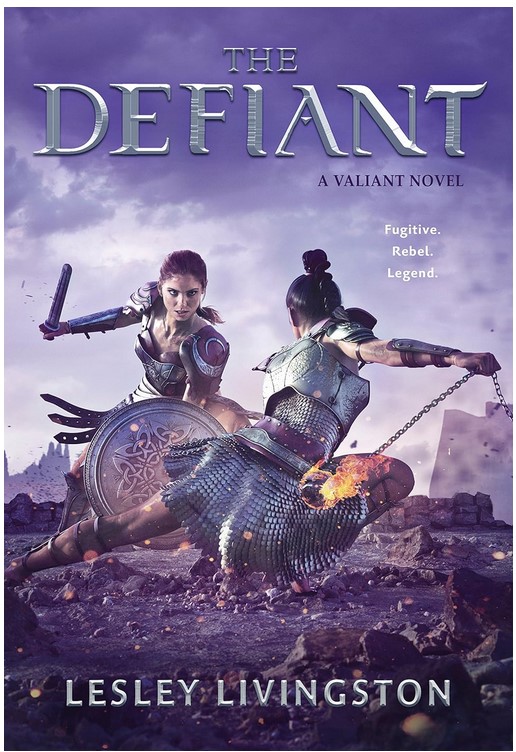
The Defiant
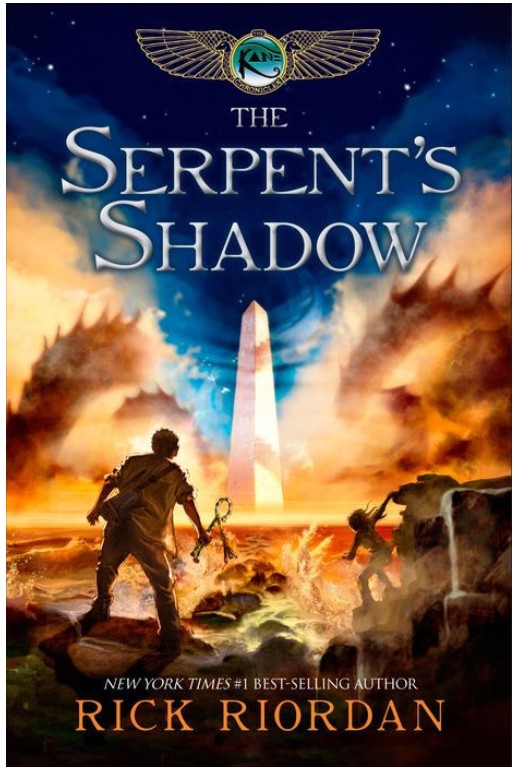
The Serpent’s Shadow
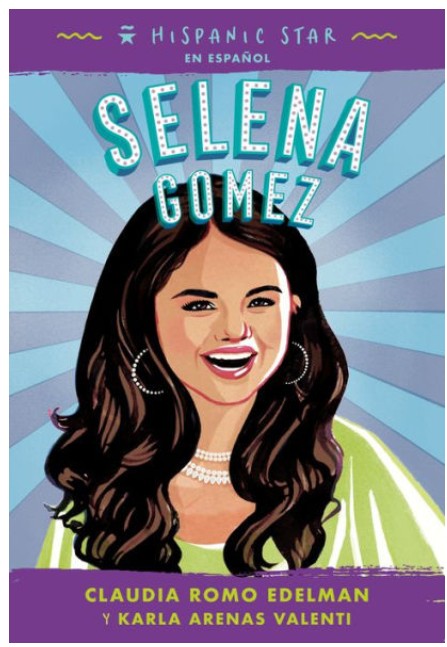
Hispanic Star: Selena Gomez
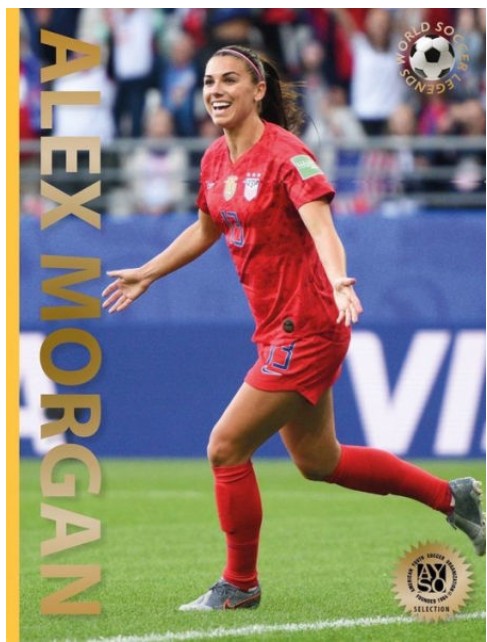
Alex Morgan
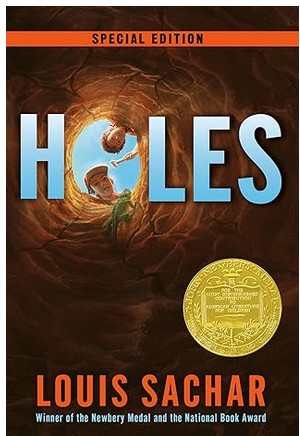
Holes
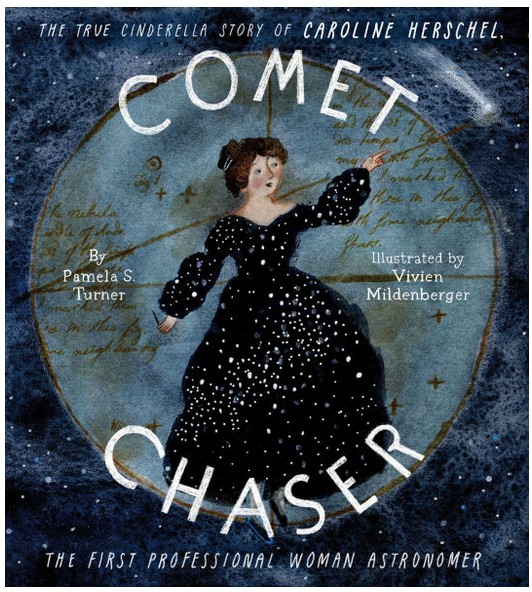
Comet Chaser

Jane Goodall: Groundbreaking Primatologist
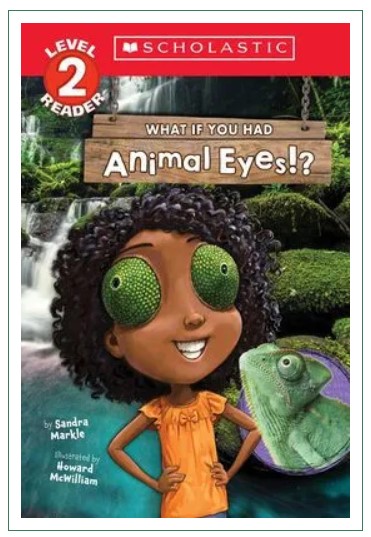
What If You Had Animal Eyes!?
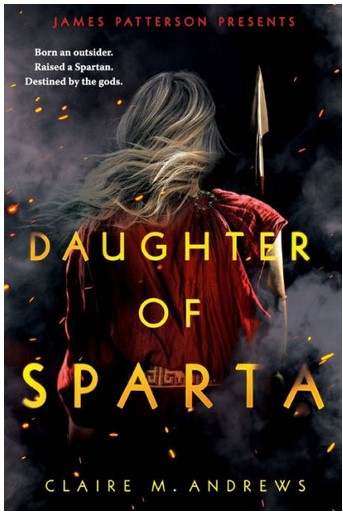
Daughter of Sparta
